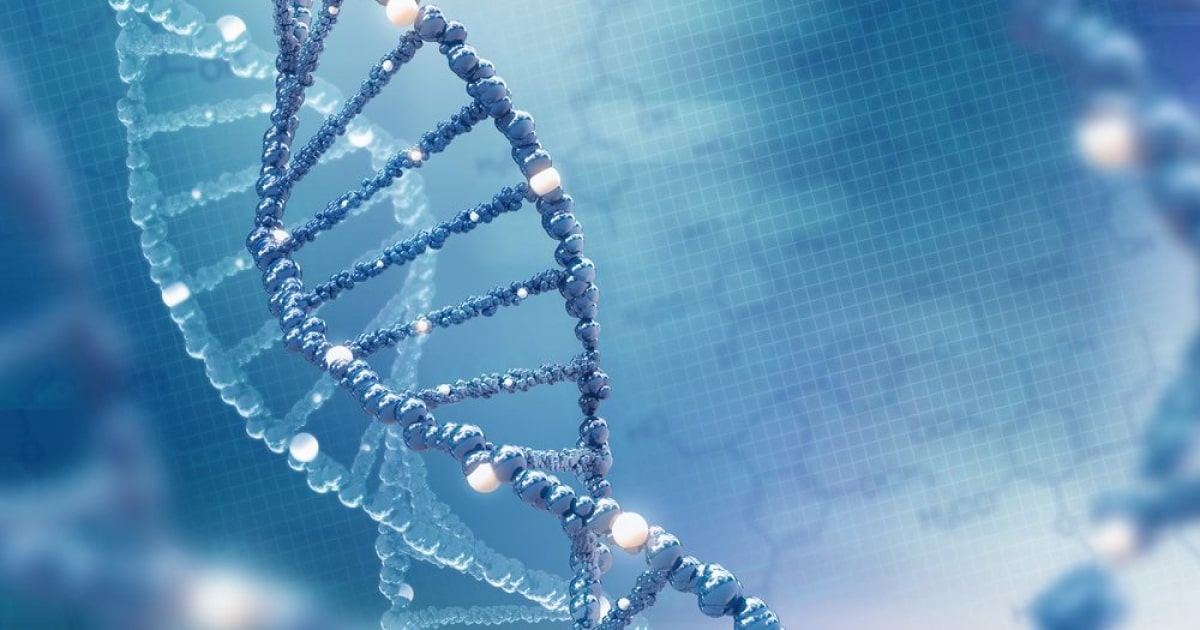
Expert Reviewed By: Dr. Brandon Colby MD
MYO7A-Related Disorders are a group of rare genetic conditions that primarily affect the inner ear and the retina. They are caused by mutations in the MYO7A gene, which provides instructions for making a protein called myosin VIIA. This protein plays a crucial role in the normal functioning of the cells that are responsible for hearing and vision. When the MYO7A gene is mutated, it can lead to a variety of disorders, including Usher Syndrome type 1B, non-syndromic deafness, and some types of retinitis pigmentosa.
Understanding, diagnosing, and using genetic testing for MYO7A-Related Disorders can help individuals and families better manage these conditions and make informed decisions about their healthcare. This article aims to provide a comprehensive overview of these disorders, their symptoms, and the role of genetic testing in their diagnosis and management.
Diagnosing MYO7A-Related Disorders
Diagnosing MYO7A-Related Disorders can be challenging, as the symptoms can vary widely and may resemble other conditions. In general, the diagnosis is based on a combination of clinical findings, family history, and specialized tests, such as audiometry, vestibular testing, and ophthalmologic examinations.
However, as these disorders are genetic in nature, genetic testing plays a crucial role in confirming the diagnosis and providing accurate information about the specific type of MYO7A-Related Disorder. Genetic testing can also help identify carriers of the mutated gene, which can be useful for family planning and prenatal diagnosis.
Uses of Genetic Testing for MYO7A-Related Disorders
Genetic testing for MYO7A-Related Disorders can be helpful in several ways:
1. Confirming the diagnosisGenetic testing can help confirm the diagnosis of a MYO7A-Related Disorder by identifying the specific mutation in the MYO7A gene that is causing the condition. This information can be useful for healthcare providers in determining the most appropriate treatment and management strategies.
2. Identifying carriersIndividuals who carry one copy of the mutated MYO7A gene may not show any symptoms but can still pass the mutation on to their children. Genetic testing can help identify carriers, allowing them to make informed decisions about family planning and the risks of having a child with a MYO7A-Related Disorder.
3. Prenatal diagnosisFor couples who are at risk of having a child with a MYO7A-Related Disorder, genetic testing can be performed on a fetus during pregnancy. This can provide valuable information about the presence or absence of the mutated gene, allowing parents to make informed decisions about their pregnancy and the care of their child.
4. Predicting the severity of the conditionIn some cases, the specific mutation in the MYO7A gene can provide information about the severity of the disorder and the likely progression of symptoms. This can be helpful for healthcare providers in developing a personalized treatment plan and for individuals and families in understanding what to expect in the future.
Conclusion
MYO7A-Related Disorders are a group of rare genetic conditions that primarily affect hearing and vision. Understanding, diagnosing, and using genetic testing for these disorders can help individuals and families better manage their condition and make informed decisions about their healthcare. Genetic testing can confirm the diagnosis, identify carriers, provide prenatal diagnosis, and predict the severity of the condition, making it a valuable tool in the management of MYO7A-Related Disorders.
About The Expert Reviewer
Dr. Brandon Colby MD is a US physician specializing in the personalized prevention of disease through the use of genomic technologies. He’s an expert in genetic testing, genetic analysis, and precision medicine. Dr. Colby is also the Founder of and the author of Outsmart Your Genes.
Dr. Colby holds an MD from the Mount Sinai School of Medicine, an MBA from Stanford University’s Graduate School of Business, and a degree in Genetics with Honors from the University of Michigan. He is an Affiliate Specialist of the American College of Medical Genetics and Genomics (ACMG), an Associate of the American College of Preventive Medicine (ACPM), and a member of the National Society of Genetic Counselors (NSGC)